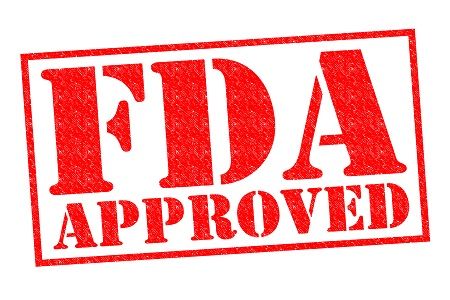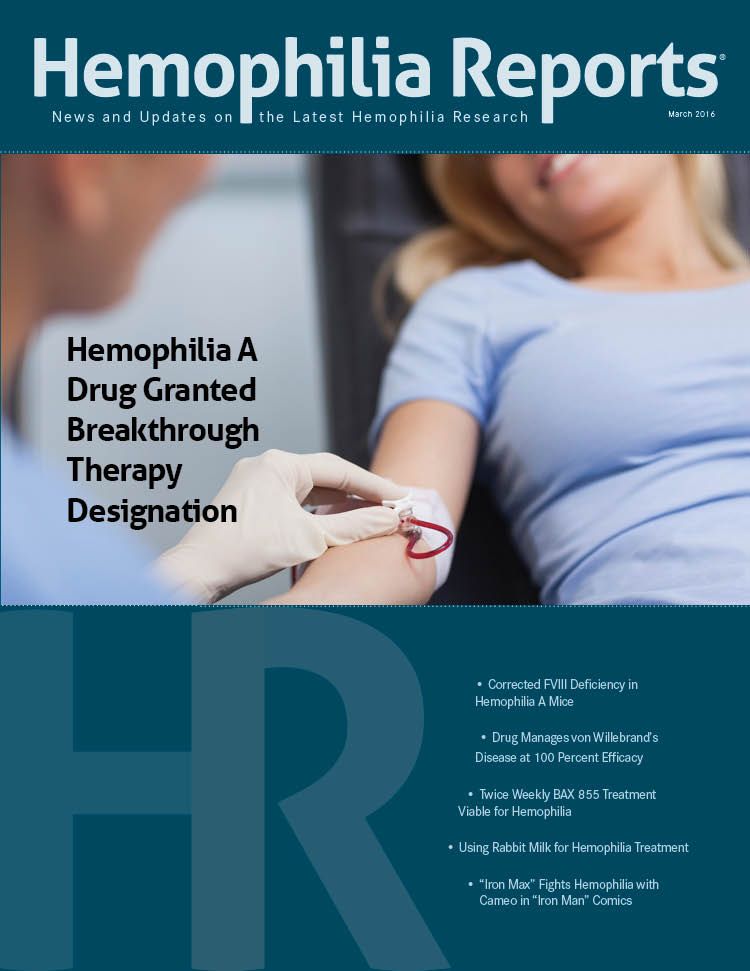Hemophilia A Drug Granted Breakthrough Therapy Designation
Late last year, the US Food and Drug Administration (FDA) granted the bispecific antibody “ACE910†from Chugai Pharmaceutical Co, Ltd with a Breakthrough Therapy Designation as a treatment for hemophilia A.

Late last year, the US Food and Drug Administration (FDA) granted the bispecific antibody “ACE910” from Chugai Pharmaceutical Co, Ltd with a Breakthrough Therapy Designation as a treatment for hemophilia A, according to a company press release.
ACE910 is designed for the prophylactic treatment of people aged 12 years or older with hemophilia A with factor VIII (FVIII) inhibitors. The drug mimics the job responsibilities of FVIII, which the company describes as a novel concept for hemophilia A treatment.
Researchers are conducting phase I and II clinical trials to examine the safety and efficacy of ACE910 for preventing bleeding in once weekly subcutaneous injections in patients both with and without inhibitors. The investigators reported that in all patients (no matter the presence of inhibitors) once weekly ACE910 injections were effective, and bleeding was completely controlled in 50 percent of the patients during ACE910 administration.
“We are very pleased that the FDA has granted Breakthrough Therapy Designation to ACE910,” said Chugai’s Director and Executive Vice President, Dr. Yutaka Tanaka. “We believe with its new mode of action, ACE910 will contribute to the patients by offering new choice of treatment options.”
Adverse effects were reported in 18 patients, but they were all considered mild or moderate; there were six patients in which the researchers were unable to rule out as having a causal relationship with ACE910. The common symptom was injection site erythema. No evidence pointed to clinically relevant abnormalities of coagulation indicated by clinical findings or laboratory tests in any cohort, the researchers added. There were also no thromboembolic adverse events reported, even when ACE910 was administered concomitantly with FVIII products or bypassing agents as on demand therapy for bleeding events, the researchers concluded.
Swiss drug maker Roche is also involved in the production of ACE910. The company will prepare its own separate phase III trials throughout 2016, in similar patient cohorts to the Chugai studies. This FDA designation proves that the FDA is “recognizing an unmet need for patients with inhibitors and the promise of these early data,” Roche Chief Medical Officer Sandra Hornung said to Reuters.
